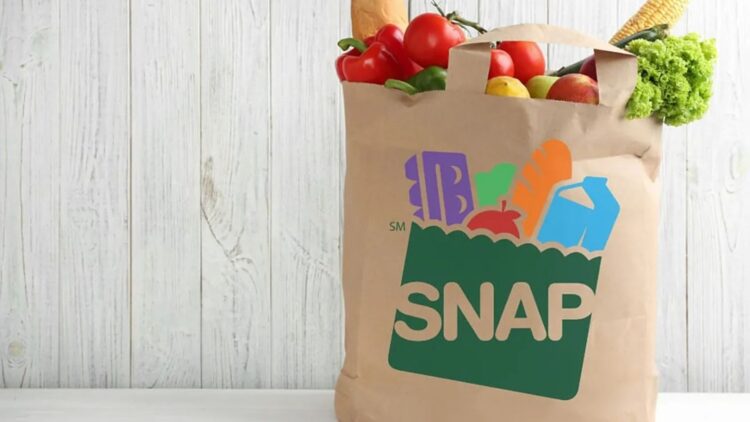The Supplemental Nutrition and Assistance Program, better known as SNAP, has always been quite controversial, especially in conservative states that in general oppose any kind of social welfare programs. Managed by the states but federally funded by the United States Department of Agriculture (USDA), it has a lot of strict rules that govern what a family can and cannot purchase with the money provided by the government. The state of Texas is one of the many states that disparages the program at every turn, and they are now trying to regulate even further what recipients of the funds can and cannot purchase with their Electronic Benefit Transfer Card (EBT).
This time around the measure might not be as bad, and it even has support from the Federal Government. Senate Bill 379 from state Sen. Mayes Middleton, R-Galveston has already been passed and will soon be signed into law by Gov. Greg Abbott who has expressed his agreement with the law. The measure? Ban SNAP recipients from using their subsidies to buy certain unhealthy products like soda and candy.
The new Texas measure that will restrict SNAP recipients
This is not the first we have heard of this new measure, fellow Texan and U.S. Agriculture Secretary Brooke Rollins already told states four months ago that if they wanted to pass these kinds of laws it would have federal support, and states like Indiana, Iowa and Nebraska have already jumped on board.
Middleton explained his take and reasoning for the new law “The USDA’s stated purpose for the SNAP program is nutritious food essential to health and well being. The bottom line is that taxpayer-funded junk food turns into taxpayer-funded health care.”
While this might seem like a good idea, after all SNAP is meant to help families purchase nutritious foods that can sustain them, opponents of the new laws are concerned.
The first criticism comes from Amber O’Connor, food policy analyst for Every Texan, a left-leaning nonprofit research group “On its face, it sounds fine, right? … Let’s restrict soda. Sodas are bad for everyone. Exactly. Sodas are bad for everyone. So, if we want to make Texas healthy again, let’s talk about those ingredients.”
The problem is that this new law, as many others do, just penalizes poverty even further. And the original law had an even wider scope of snacks including sweetened drinks, cookies, chips and candy that they wanted to forbid, although in the end it was negotiated it down to only sodas and candy.
This is just one more of the attempts to cut down on the program, which really is a big help for families, and that usually purchase these things to make their lives easier and get more calories per intake than healthy food can provide, keeping them in a cycle of poverty that is almost inescapable. But the aim of the Republican party and the current president does not seem to be to help them escape it, but to save money. In recent months, Republican lawmakers in Washington have proposed significant reductions to the SNAP program, including proposals for states to shoulder more of the financial burden. Though no changes have been enacted yet, the federal stance has prompted several states to consider new restrictions on what SNAP benefits can be used to buy.
Critics of these proposed changes argue that restricting SNAP purchases even more disproportionately affects low-income individuals. In particular, limiting access to prepared foods overlooks the fact that many Texans living in poverty lack consistent access to basic kitchen appliances and electricity.
O’Connor explained “Sometimes, there’s a kid at home alone in a house that has no electricity. They have no experience cooking. Is it more important that they get calories to get through until tomorrow or is it more important that they spend their $6 allotment on a $3 bell pepper?”

